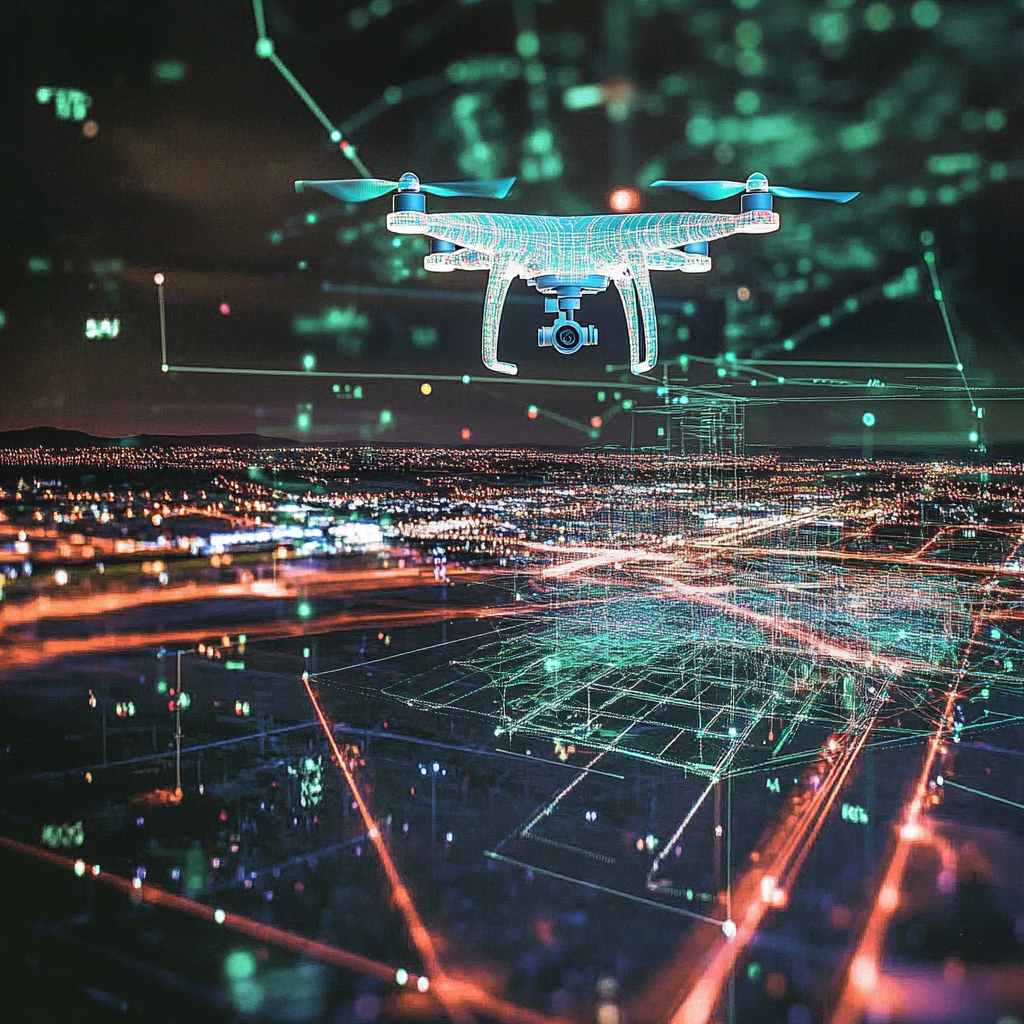In the complex and rapidly-evolving theatre of global defence, the North Atlantic Treaty Organization (NATO) consistently seeks technological enhancements to secure its operations. The year 2024 has observed a heightened focus on the modernization of Identification, Friend or Foe (IFF) systems, with blockchain and post-quantum encryption emerging as leading contributors. These technologies, poised to redefine NATO’s security architecture, are fundamental in light of the organization’s budget projections surpassing $1 trillion by 2031.
Blockchain and IFF: An Immutable Trust Layer:
IFF systems play a pivotal role in distinguishing allies from potential threats. However, in the digital age, the risk of data tampering or spoofing remains ever-present. The integration of blockchain technology addresses these concerns, offering a transparent and immutable ledger that logs every identification query and response. This ensures that any discrepancies or unauthorized changes in IFF queries are swiftly detected and addressed.
Post-Quantum Encryption: Securing Future Communications:
Quantum computing’s evolution introduces potential vulnerabilities in classical encryption mechanisms. Recognizing this, NATO has shifted its focus to post-quantum encryption techniques for its IFF systems. This next-generation encryption ensures that, even in the advent of quantum computational capabilities, the encrypted data exchanged in IFF systems remains secure and impenetrable.
Economic and Strategic Impacts:
With defense industries globally expected to reach a value of $2.5 trillion by 2025, the integration of blockchain and post-quantum encryption in NATO’s IFF systems is of strategic importance. Incorporating these technologies can enhance trust in IFF systems, reduce the risks of misidentifications, and consequently, potentially save substantial costs related to erroneous engagements. Furthermore, by adopting these technologies, NATO not only fortifies its current operations but also future-proofs its IFF systems against emerging threats.
Concluding Observations:
The year 2024 marks a turning point in NATO’s strategic vision for its IFF systems. The adoption of blockchain and post-quantum encryption underscores NATO’s commitment to ensuring that its identification processes remain unassailable and trustworthy in a constantly shifting technological landscape. As the alliance continues to navigate geopolitical complexities, these technologies offer an enhanced layer of security and reliability.







